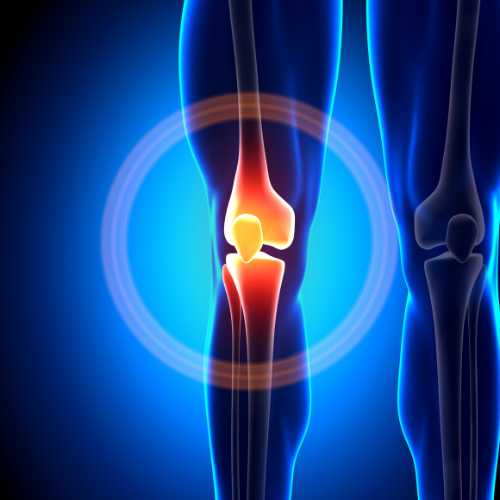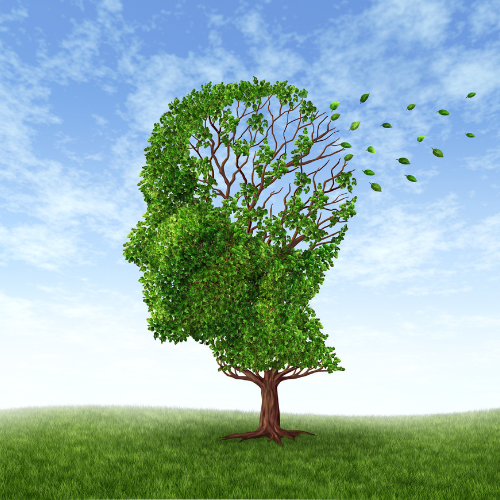Supplements are designed to fill the gaps in our diet, providing us with the same vital nutrients that we may not be able to consistently consume through food alone. By incorporating high-quality supplements into your routine, you can confidently support your health and well-being without the stress of having to meticulously monitor your fruit and vegetable intake. Vitamins perform a wide range of functions within the body, all essential for its proper functioning.
ESSENTIAL VITAMINS
disease prevention

FAQ
Why is it important to take vitamins?
Vitamins are essential for the proper functioning of our bodies, participating in many metabolic reactions and contributing to our overall well-being.
How do vitamins help prevent disease?
Many vitamins have antioxidant properties that protect cells from free radical damage, reducing the risk of chronic diseases such as heart disease and certain cancers.
What is the difference between fat-soluble and water-soluble vitamins?
Fat-soluble vitamins (A, D, E, K) are fat-soluble and can be stored in the body. Water-soluble (such as vitamin C and B vitamins) are water-soluble and are eliminated with urine if in excess.
What are the risks of vitamin D deficiency?
A vitamin D deficiency can lead to osteoporosis, rickets in children, and can increase the risk of many chronic diseases.
Is vitamin C only useful for preventing colds?
No, vitamin C has many other functions, such as collagen production, iron absorption, and antioxidant properties that protect cells.
Why is it important to take vitamin B12?
Vitamin B12 is essential for red blood cell formation, helps maintain a healthy nervous system, and prevents megaloblastic anemia.
How can I know if I have a vitamin deficiency?
Deficiency symptoms vary depending on the vitamin, but can include fatigue, weakness, pale or yellowish skin, and memory problems. It is always best to consult a doctor for specific tests.
Can vitamins replace a balanced diet?
No, vitamins are a supplement and should not replace a varied and balanced diet, which also provides other essential nutrients such as minerals, protein, and fiber.















